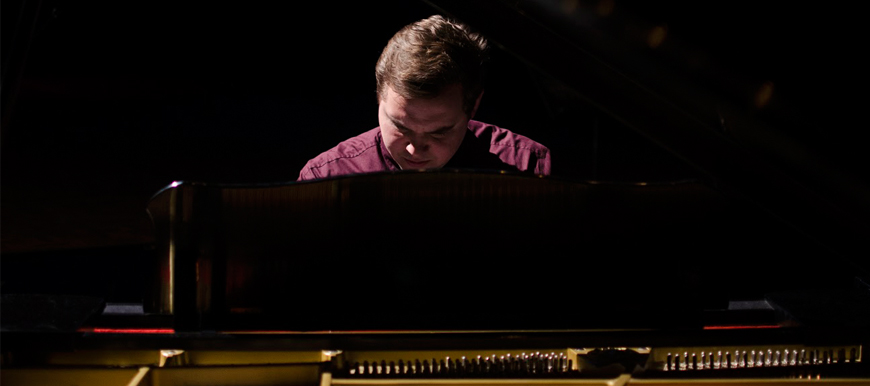Soul fills the night: Black Student Union hosts annual dinner to celebrate culture
Soulful music, food to feed the soul and poetry from the soul were the themes at the Black Student Union’s annual Night of Soul last Saturday.
A fundraiser dinner hosted by the BSU, the Night of Soul is an event designed to educate visitors about African-American culture.
“I think the soul aspect is kind of just like, it almost just encompasses the soul of the black community in a way where it’s like what we used to eat back in times of slavery, and its just kind of carried forward into now,” said Cadi Sande, a junior in accounting, “so it’s kind of like the heart and soul of our culture.”
As part of sharing that culture, the Night of Soul began with the Black American national anthem, “Lift Every Voice and Sing” written by James Weldon Johnson in 1900, and was followed by a presentation of an African warrior dance and music through the ages, featuring black artists.
Centered around a southern-style dinner and served by the Utah State University Dining Services, the night also featured poetry, a civil rights video, trivia and live performances with dancing, singing and piano.
“The food is definitely amazing. That’s for sure,” said Jason Fairbourn, a sophomore in biochemistry. “I really liked their slideshow with the songs. They had a lot of songs through the ages — famous soul hits by black people. It was pretty fun to listen to that mix.”
The BSU is a small, student-run organization centered in the Access and Diversity center in the Taggart Student Center. Their goal is to educate others about black culture and about being a minority on campus, said Shalayna Guisao, a senior in vocal performance. They want to dispel stereotypes and provide a safe place for people to ask questions and get information from the source instead of secondhand.
“What we do is we talk about different topics in black culture: sports, TV, news, current events, hair,” said Jeunee Roberts, BSU president and a senior in voice performance. “We talk about a whole bunch of things going on, a variety of things just to spread knowledge, you know, because in a place like Utah, there’s not many black people. There’s a lot of questions that go unanswered, and we’re kind of there to answer those questions.”
The BSU meets every Thursday at 6:30 p.m. in the Access and Diversity lounge on the third floor of the TSC.
“It’s here to spread light and love and to break ignorance and to share education and to make a safe place for our culture to be expressed and learned about,” Guisao said. “And I think that it’s a safe place for people who are not of the culture to ask questions and to really get educated about it.”
The timing of the Night of Soul corresponds with Black History Month, set aside in February since 1976. For many, this is a time for remembering important people and events in the course of African-American history.
“We try to keep [Soul Food Night] in Black History Month to, you know, just observe it and just know that it’s important and people know that it’s important to us,” Roberts said. “Black history month is a month devoted to the advancement of black culture, and that’s what we want to do every year is keep advancing that.”
Some people see February as a time to educate people about black history and to spread the culture to others.
“It’s just making it aware that we’re here, that we’re here to stay, that we will always be here and that America is a melting pot, and it won’t always be a minority and majority,” Guisao said.
Others, like Sande, believe that this month is a time to reflect on the progress made in history and to be reminded about the progress that can still be made in the future.
“There’s still work to be done in various aspects, so I think that it’s just a reminder of where we came from and where we need to go,” Sande said.
Despite having a month set aside to celebrate it, black history is American history, Guisao said.
“It’s not just the month of February,” said Torrey Green, a senior in broadcast journalism. “It’s years. Black history isn’t about black folks. It’s about all races, and we try to set a wide range and get people to ask questions and ask about black history and be a part of history, black history.”
— miranda.lorenc@gmail.com

